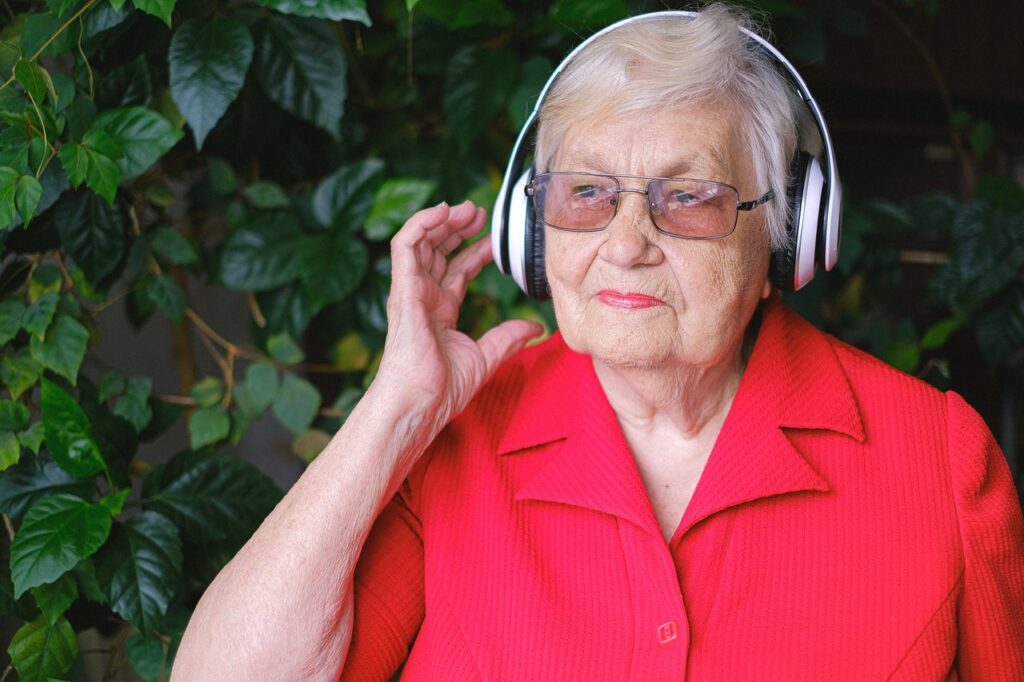
How Hearing Loss Affects the Elderly
Growing old can sometimes feel like a gateway to potential health issues, and sometimes these issues can lead to other issues. For instance, if an older person experiences trouble with nerve damage in the legs, he or she might have difficulty standing, sitting or walking and could experience issues getting around, getting in and out of vehicles, and walking up or down stairs.
From scenarios in which they exhibit confusion or memory loss to physical and psychological ailments, elderly people sometimes live with issues tantamount to destroying their independence.
In short, health issues in older people can have an adverse effect on their independence. Definitely, one salient feature of the human condition is that health conditions can compound upon one another to myriad deleterious effects. Hearing loss can also affect the independence of an elderly person. There are many causes for it and many ways that it can affect their lifestyle.
What Are the Causes of Hearing Loss?
There are quite a few reasons for the causes of hearing loss in elderly. A lifetime of absorbing noise at loud decibel levels is hugely common. This could be a sound engineer that works in nightclubs with loud musical acts, airport personnel exposed to the sounds of airplane engines or any other type of lifestyle that forces a person into contact with prolonged loud sounds. Even something as mundane as running your lawn mower over years without hearing protection can damage hearing.
Hearing loss in elderly can occur because of other health conditions, such as high blood pressure or diabetes. Tumours, traumatic brain injuries, strokes or heart conditions, viruses and bacteria can all cause damage to a person’s hearing, showing just how the systems in the body affect one another.
What Are the Types of Hearing Loss in an Elderly Person?
There are different types of hearing loss in elderly. Sometimes the signs of hearing loss in elderly are not easy to recognise. Experiencing the loss of hearing in old age can look like much more than just asking people to repeat themselves. The two generally-cited types of hearing loss are sensorineural hearing loss and conducive hearing loss. In sensorineural loss, permanent damage has occurred to the auditory nerve or inner ear. In conducive hearing loss, sound waves can’t make it to the inner ear. Potential reasons for the disruption include a punctured eardrum, fluid buildup or earwax and these can all be reversed, sometimes through surgery.
Presbycusis is age-related hearing loss and it advances with age. The advancement is gradual and usually occurs in both ears. The opposite of sudden, acute hearing loss, in which all hearing could disappear instantly or over the course of a few days’ time, presbycusis moves so slowly that often older people will exhibit a little surprise if they find that they can’t hear quite as well as they once could.
Tinnitus, or ringing in the ears, is sometimes the first clue that an older person is suffering from hearing loss. It can sound like many other things besides ringing, like hissing or buzzing, and it can be a sign of another health issue, such as allergies or high blood pressure.
How Does Hearing Loss Affect a Person’s Independence?
There are many ways that hearing loss can affect a person’s independence. Hearing loss and balance in the elderly is a common scenario in which the former leads to the latter. With bones that become more brittle with age, lack of balance could lead to painful situations that further prohibit independence. The lack of balance also speaks to the psychological effects of hearing loss in the elderly. Lack of balance can affect driving and add another element of danger to the mix.
Hearing loss creates a scenario in which the person is effectively removed from a setting. If they cannot hear other people or the tea kettle, the television or the microwave’s bell, they are only partially existing.
If somebody that you love is getting up there in age and experiencing health-related issues, Vital Home Health could be the right fit for them. Vital Home Health Services exists to look after the health and welfare of its clients. They have experience providing aid and comfort to elderly folks who are living with dementia, chronic hearing loss and many other ailments.








